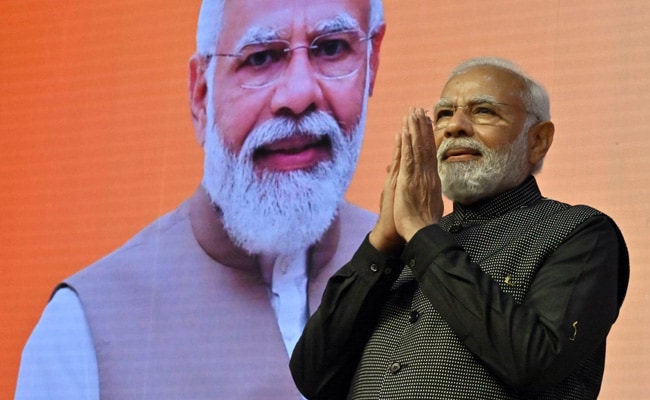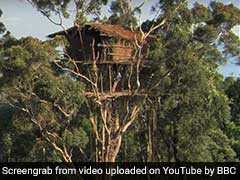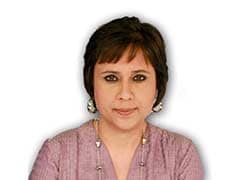
The BBC series called "India: The Modi Question" has provoked sharp reactions. (File)
The government today slammed a BBC series on Prime Minister Narendra Modi as a "propaganda piece with bias" that shouldn't be "dignified" with a response.
"The documentary is a reflection on the agency that has made it. We think it is a propaganda piece designed to push a particular discredited narrative. The bias, lack of objectivity and continuing colonial mindset are blatantly visible. Can't dignify such a film," said foreign ministry spokesperson Arindam Bagchi.
The BBC's two-part series called "India: The Modi Question" has provoked sharp reactions.
"A look at tensions between Indian PM Narendra Modi and India's Muslim minority, investigating claims about his role in the 2002 riots that left over a thousand dead," says the series descriptor.
A Supreme Court-appointed probe found no evidence of any wrongdoing by PM Modi, who was Chief Minister of Gujarat when the riots broke out. The Special Investigation Team, in a report a decade after the riots, exonerated PM Modi citing "no prosecutable evidence". In June last year, the Supreme Court backed the clearance to PM Modi and said the case was "devoid of merits" and was filed "obviously, for ulterior design".
In 2013, when a local court cleared him of any role in one of the biggest massacres during the riots, PM Modi said in a post: "Satyameva Jayate (the truth prevails)".
The BBC documentary can't be viewed in India. "It makes us wonder about the agenda behind it," the foreign ministry said.
Lord Rami Ranger, a member of the UK House of Lords, was among those who accused the BBC of biased reporting.
"@BBCNews You have caused a great deal of hurt to over a billion Indians. It insults a democratically elected@PMOIndia Indian Police and the Indian judiciary. We condemn the riots and loss of life and also condemn your biased reporting," he tweeted.
@BBCNews You have caused a great deal of hurt to over a billion Indians🇮🇳 It insults a democratically elected @PMOIndia Indian Police & the Indian judiciary. We condemn the riots and loss of life & also condemn your biased reporting https://t.co/n38CTu07Il
— Lord Rami Ranger CBE (@RamiRanger) January 18, 2023
The BBC says the series will examine how "Narendra Modi's premiership has been dogged by persistent allegations about the attitude of his government towards India's Muslim population" and "a series of controversial policies" implemented by PM Modi after his re-election in 2019, including "the removal of Kashmir's special status guaranteed under Article 370" and "a citizenship law that many said treated Muslims unfairly", which "has been accompanied by reports of violent attacks on Muslims by Hindus."
Many Indian origin Twitter users scoffed and said the BBC should run a series on the 1943 Bengal famine, which left some three million people dead or dying of malnutrition or disease. The BBC, said a tweet, should run a series on the Bengal Famine called "UK: The Churchill Question." Then UK Prime Minister Winston Churchill, as part of the western war effort, ordered the diversion of food from starving Indians to already well-supplied British soldiers and stockpiles in Britain and Europe.







